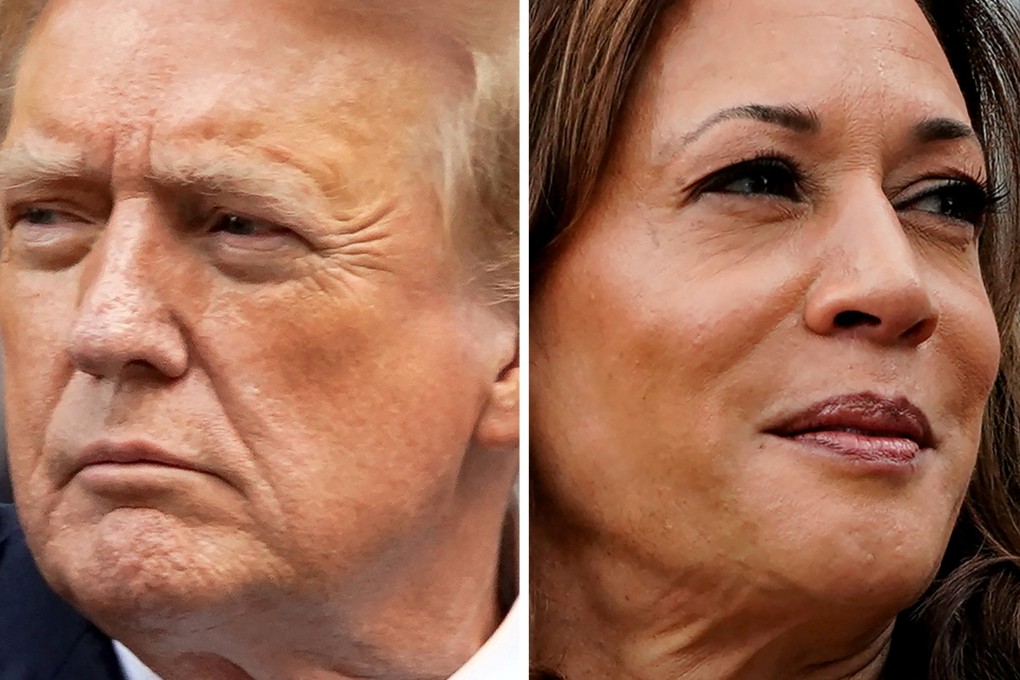Singapore seeks to navigate US-China rivalry regardless of presidential election outcome
The city state has adapted well to the rivalry and is unlikely to shift from its hedging policy between Washington and Beijing, analysts say

The city state has been adapting well to the evolving realities arising from the fallout of the US-China rivalry, analysts say.
“While Trump may inject greater uncertainty and unpredictability, a Harris presidency will not and cannot suddenly engender stability, peace and predictability,” said Dylan Loh, an assistant professor at Nanyang Technological University’s Public Policy and Global Affairs division.
“On the American side, there are not many issues where the Democrats and the Republicans agree on, but this is one [US policy towards China]. And that is a very serious matter. So whether it is Harris or whether it is Trump, that is not going to be changing,” Lee said at a business event last week.
A second Trump term would likely spell more disruptions for American allies and other countries, he said. “In particular, I think, what you can anticipate is that his attitude towards allies, towards America’s friends, will be different from what the Democrat administration has done in these last four years,” Lee added.
